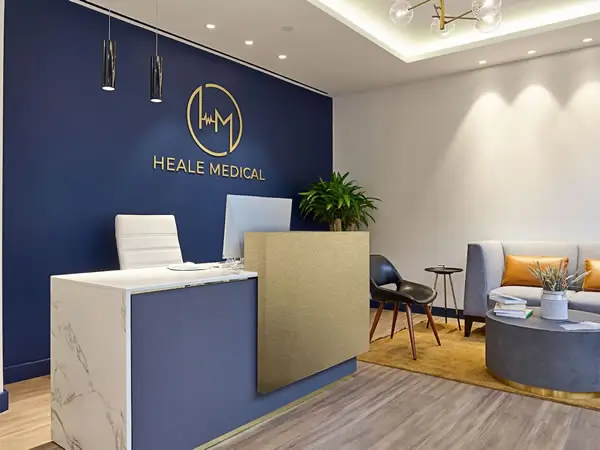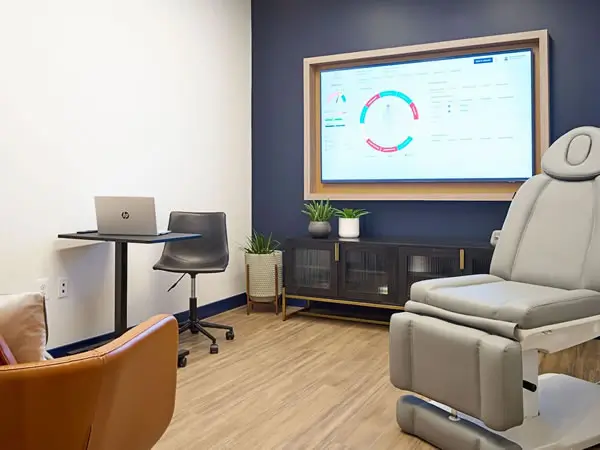When faced with healthcare needs that require immediate attention, individuals often find themselves deciding between primary care and urgent care. Understanding the key differences between these two healthcare settings is essential for making informed decisions and accessing the appropriate level of care. This article aims to clarify the distinctions between primary care and urgent care, highlighting the scope of services, accessibility, continuity of care, and the types of conditions each setting is best suited to address.


Scope of Services: Comprehensive vs. Immediate Care
Primary care encompasses comprehensive healthcare services that focus on preventive care, routine check-ups, disease management, and long-term health maintenance. Primary care providers establish enduring relationships with patients, offering personalized care and addressing a broad range of health concerns. On the other hand, urgent care centers provide immediate medical attention for non-life-threatening conditions that require prompt attention, such as minor injuries, illnesses, and infections. Urgent care centers prioritize quick assessment, diagnosis, and treatment of acute symptoms.
Accessibility: Scheduled Appointments vs. Walk-In Care
Primary care visits typically require scheduled appointments, allowing patients to have dedicated time with their primary care physicians. This system ensures that patients have ample time to discuss their health concerns, receive preventive care, and develop a comprehensive care plan. Urgent care centers, on the other hand, offer walk-in care, allowing individuals to seek immediate medical attention without prior appointments. This accessibility is especially beneficial for acute conditions that require timely evaluation and treatment.
Continuity of Care: Ongoing Relationship vs. Episodic Care
Primary care emphasizes continuity of care, where patients have an ongoing relationship with their primary care physicians. This allows primary care providers to gain a deep understanding of patients’ medical histories, risk factors, and individual health needs. Continuity of care enables primary care physicians to provide personalized care, manage chronic conditions, and promote preventive measures effectively. Urgent care centers, by contrast, offer episodic care, focusing on immediate evaluation and treatment of acute conditions but without the ongoing relationship typical of primary care.
Types of Conditions: Routine Care vs. Acute Conditions
Primary care is designed to address routine healthcare needs, manage chronic conditions, and provide preventive care. Primary care physicians are well-equipped to handle a wide range of health concerns, including annual physical exams, immunizations, chronic disease management, mental health support, and health screenings. Urgent care centers, on the other hand, specialize in promptly addressing acute conditions that are not life-threatening, such as minor injuries, infections, flu symptoms, and sudden illnesses.
After-Hours Care: Primary Care Alternatives
Primary care typically operates during regular business hours, but urgent care centers often offer extended hours, including evenings and weekends. This availability makes urgent care centers a convenient alternative when individuals require medical attention outside of primary care hours. Urgent care centers can bridge the gap in after-hours care, providing prompt assessment and treatment for non-emergency health concerns.
Cost Considerations: Co-Pays and Insurance Coverage
Primary care visits often involve co-pays, which vary depending on insurance plans. Many insurance policies encourage individuals to seek primary care as the first line of healthcare. Urgent care visits may also involve co-pays, but they can sometimes be higher than those for primary care. Understanding insurance coverage, co-pays, and deductibles is crucial for making informed decisions regarding the most cost-effective option for non-emergency healthcare needs.
Distinguishing between primary care and urgent care is vital for accessing the appropriate level of care for specific health concerns. Primary care like Heale Medical Primary Care focuses on comprehensive, ongoing healthcare, emphasizing preventive care and managing chronic conditions. Urgent care centers provide immediate, episodic care for non-life-threatening acute conditions. By understanding the scope of services, accessibility, continuity of care, and the types of conditions each setting addresses, individuals can make informed choices and seek the most suitable care for their healthcare needs.


Heale Medical offers technology-enabled primary care that is proactive, comprehensive, and centered around our patient’s needs. Our primary clinic is located near you in 8300 Boone Boulevard, Suite 150, Vienna, VA 22182.
Our primary care physicians provide comprehensive medical care throughout the Washington, DC Metropolitan area including Alexandria, Arlington, Annandale, Burke, Centreville, Clifton, Dunn Loring, Falls Church, Fairfax, Fairfax Station, Franklin Farm, Herndon, Lorton, Merrifield, McLean, Oakton, Seven Corners, Springfield, Reston, Tysons Corner, Vienna, Washington DC, West Springfield, Wolf Trap and more.





